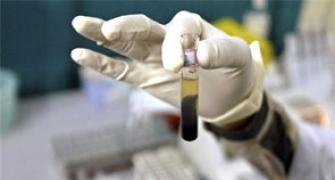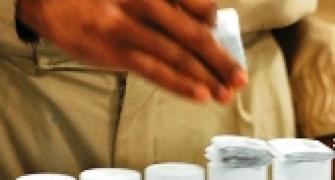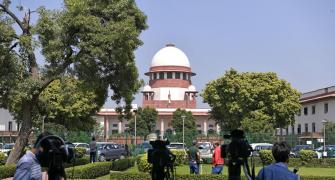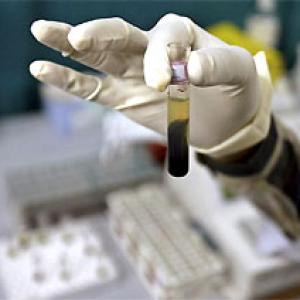Stressing that it has rectified past "shortcomings" and its drugs are safe and efficacious, Ranbaxy Laboratories on Thursday said it will co-operate fully with any regulator from anywhere in the world wanting to investigate its manufacturing practices.
The company, which pleaded guilty to 'felony charges' for violating manufacturing norms and agreed to pay $500 million penalty to US authorities, also defended selling in India some of the medicines out of the 30 generic drugs banned by USFDA, saying those were also sold in other parts of the world as they were "safe and efficacious".
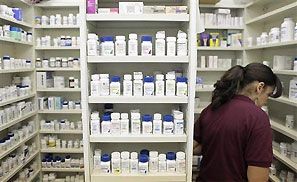 "I recognise that there were shortcomings in the past. We have taken adequate measures to ensure that those shortcomings will not trouble us in future," Ranbaxy Laboratories CEO and managing director Arun Sawhney told PTI in an interview.
"I recognise that there were shortcomings in the past. We have taken adequate measures to ensure that those shortcomings will not trouble us in future," Ranbaxy Laboratories CEO and managing director Arun Sawhney told PTI in an interview.
He said Ranbaxy has invested more than $300 million in recent years in infrastructure of manufacturing, quality, resourcing and training to strengthen its system to prevent such incident happening again.
Reiterating that the company is following strict quality standards, Sawhney said: "Not only regulators from India...Any regulator in the world if they wish to have information from Ranbaxy we will be happy to provide them. We will be very co-operative in providing all information that is required by any regulator from anywhere in the world."
He, however, said the company is not aware of any probe by Indian authorities after questions were raised over the quality of its drugs following the developments in the US.
When asked about Jaslok Hospital issuing advisory against Ranbaxy drugs, he said: "By and large all the hospitals in India are prescribing Ranbaxy drugs. We respect internal processes of each and every hospital as just we respect any of the internal processes of each of any one of our customers."
Sounding unworried about a similar advisory by Apollo Pharmacy, he said: "We have reasons to believe that due to the fact that we operate from the paradigm of quality and patience first that we would get continued patronage from all the hospitals and all the stakeholders like doctors and patients."
Asked how the company could sell in India some of the 30 generic drugs banned by USFDA in 2008, Sawhney said: "We sell those drugs in all other markets of the world, even to the country next to the US -- Canada. We are selling to Europe, Australia, South Africa. Those molecules, we are selling all over the world."
The company is not selling those drugs in the US due to restrictions arising out of the consent decree it had signed, he said, adding the products per se were "not inferior or sub-standard".
Elaborating further, Sawhney said the delayed testing of stability samples was considered to be a non-cGMP (current good manufacturing practice) activity. So the data that was generated based on delayed testing stability samples was non-GMP data.
"So the products that were put on the market based on a non-GMP data was described as adulterated products (in the US). Does that make Ranbaxy products inferior, sub-standard, contaminated, spurious? The answer is no," Sawhney asserted.
He cited public advisories issued by WHO, TGA Australia, Health Canada, MHRA UK, Irish Medicines Board and MCC South Africa stating Ranbaxy drugs are of "acceptable quality".
"We have testimonials of regulators from all over the world that our drugs are of acceptable quality, safe and efficacious," Sawhney said.
When asked if the previous Ranbaxy management should be held responsible for the current issue that the company is facing, Sawhney said: "This is all about the company, it is a company issue, we own the issue, we will resolve it."
On the resumption of exports from its Poanta Sahib and Dewas plants to the US, he said: "I can't put a timeline to it but once we fulfil all the obligations that we have under the consent decree, we would be getting back into the business. We are determined to do it as fast as we can."


